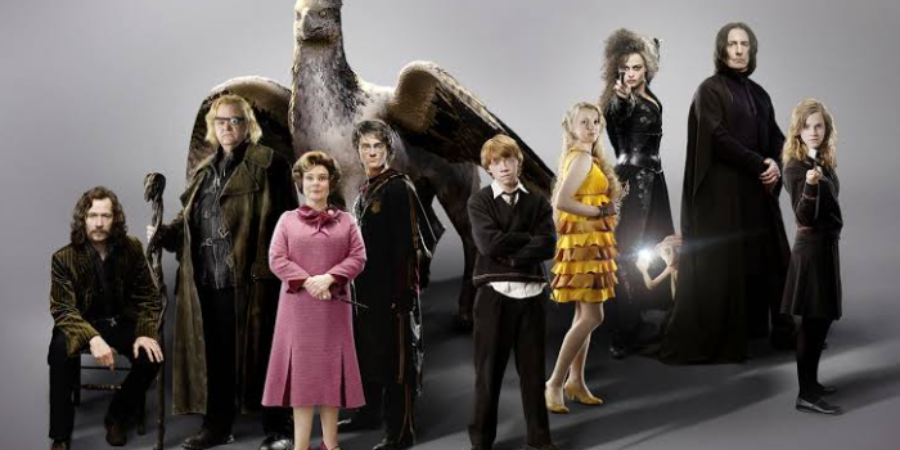

The success of the Harry Potter movie series can be attributed to a combination of factors that converged to create a cultural phenomenon unlike any other in recent memory. From its inception with "Harry Potter and the Sorcerer's Stone" to its conclusion with "Harry Potter and the Deathly Hallows Part 2," the franchise consistently broke box office records, garnered critical acclaim, and captured the hearts of millions worldwide.
First and foremost, the movies benefited immensely from the already established popularity of J.K. Rowling's book series. By the time the first movie was released in 2001, the Harry Potter books had already become a global sensation, beloved by readers of all ages. This pre-existing fanbase eagerly anticipated seeing their favorite characters and magical world brought to life on the big screen.
The casting of the main trio—Daniel Radcliffe as Harry Potter, Emma Watson as Hermione Granger, and Rupert Grint as Ron Weasley—proved to be a stroke of genius. Despite their young age at the time of casting, they grew alongside their characters over the course of ten years and eight films. Their chemistry and dedication to their roles endeared them to audiences, ensuring a loyal fanbase that spanned generations.
Furthermore, the filmmakers' commitment to staying true to the spirit of Rowling's novels played a crucial role in the movies' success. While adaptations often face criticism for diverging from their source material, the Harry Potter movies remained faithful to the core themes, characters, and plot points of the books. This fidelity reassured fans that their beloved story was in good hands, while also attracting new viewers intrigued by the magical world depicted on screen.
Visually stunning and technically impressive, the movies also pushed the boundaries of special effects and production design. From the intricacies of Hogwarts Castle to the thrilling Quidditch matches and the awe-inspiring magical creatures, each film delivered a cinematic spectacle that captivated audiences of all ages.
Beyond the movies themselves, the Harry Potter franchise expanded into a multimedia empire encompassing merchandise, theme park attractions, video games, and more. This extensive cross-platform presence ensured that the magic of Harry Potter remained omnipresent in popular culture long after the final film's release.
In summary, the success of the Harry Potter movies can be attributed to a perfect storm of factors: a rich and beloved source material, expert casting, fidelity to the original story, technical excellence, and a vast and enthusiastic fanbase. Together, these elements transformed a literary phenomenon into a cinematic one, leaving an enduring legacy that continues to enchant audiences worldwide.
